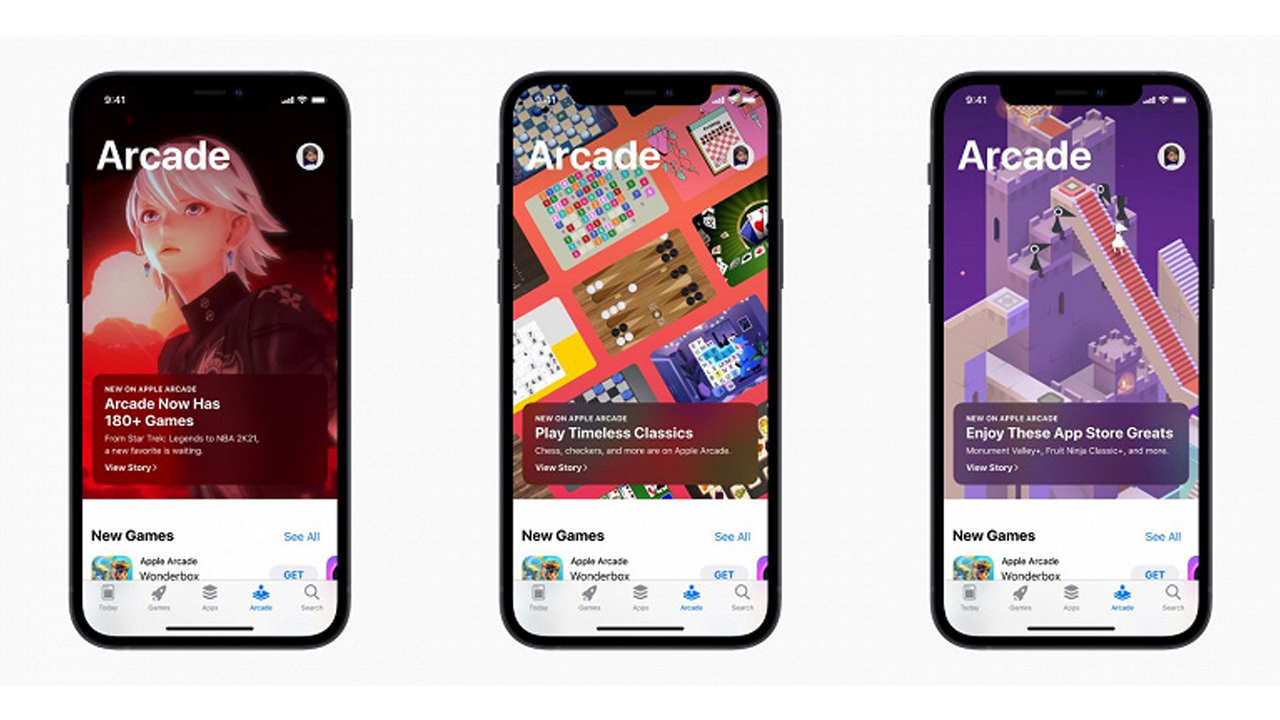It was reported that a committee of the U.S. Senate questioned the dominance of Apple and Google in the mobile application field at a hearing on Wednesday, and whether they abused their power to infringe the interests of their competitors.
Amy Klobuchar, the Democratic leader of the US Senate on antitrust issues, said that Apple and Google can use their market positions to “reject or suppress applications that compete with their own products” and “charge high fees to affect competition.”
The streaming music service Spotify and the dating service giant Match, which owns Tinder, have long complained about this. They believe that the mandatory revenue-sharing policies of the Apple App Store and Google Play Store are harmful to competition.
Spokespersons for Apple and Google said at the hearing that their strict control of the app store and revenue sharing policy is necessary to implement security measures and pay corresponding fees to protect consumers from malicious applications and Violation of behavior.
But in the face of Senator Josh Hawley’s problem, Apple’s chief complaint officer Kyle Andeer refused to promise that all expenses would be spent on security issues.
Andier and Google’s senior director of government affairs Wilson White explained why these fees are not used for Uber and the application of selling physical goods. But the senators did not seem to be satisfied.
“I feel like a person who has traveled from ancient times,” Senator Mike Lee said. “I don’t understand what you mean.”
Match said they received a call from Google on Tuesday, and Senator Richard Blumenthal expressed concern about this.
Jared Sine, the chief legal officer of Match, said that Google had just learned that Match would also be present at the hearing, so he called Xaar to find out why.
“I think it looks like a threat, it sounds like a threat, it’s a threat,” Blumensa said, and he also vowed to further investigate Google’s actions.
Match’s Xaar said at the hearing that both Google and Apple will take 30% of the high share of digital transactions, causing this part of the cost to be passed on to consumers.
Thain said that Match pays nearly $500 million in shares to various app stores each year, making it the company’s largest single expenditure.
Spotify and Match said that Apple’s app evaluation process is extremely opaque. Thain said that the company had previously updated the Tinder app, hoping to warn LGBTQ+ (sexual minorities) users that if they travel to a certain area, they may be in danger because of their identity. But Apple refused to update on the grounds of violating the “spirit” of the new regulations.
Thain also said that Apple will not explain how to fix the problem. He said that the update was not approved until two months later when Match’s then-parent company IAC/Interactivecorp raised the issue with Apple executives.
The day before the hearing, Apple just announced that it will start selling the AirTag anti-lost device, as long as it is tied to the car key and other objects, you can find it on your mobile phone when it is lost. In fact, Tile started selling similar products more than ten years ago.
Apple said that AirTag is a natural extension of the FindMy application, which was launched in 2010 and is mainly used to find Apple devices and share the user’s geographic location. Apple opened its own operating system to other tracker manufacturers last month and said that Chipolo, which competes with Tile and AirTag, is using the system.

Kristen Daru, Tile’s general counsel, testified that Apple’s FindMy program is the default program of the iPhone and cannot be deleted.
“Apple once again used its market position to restrict our customers’ access to data, thereby effectively destroying our user experience and guiding users to use FindMy.
|VIA|





